Originally published May 5, 2010

Hezekiah became king when he was twenty-five years old;…
He did right in the sight of the LORD, according to all that his father David had done.
In the first year of his reign, in the first month, he opened the doors of the house of the LORD and repaired them.
He brought in the priests and the Levites and gathered them into the square on the east.
Then he said to them, “Listen to me, O Levites. Consecrate yourselves now, and consecrate the house of the LORD, the God of your fathers, and carry the uncleanness out from the holy place.
“For our fathers have been unfaithful and have done evil in the sight of the LORD our God, and have forsaken Him and turned their faces away from the dwelling place of the LORD, and have turned their backs.
“They have also shut the doors of the porch and put out the lamps, and have not burned incense or offered burnt offerings in the holy place to the God of Israel.
“Therefore the wrath of the LORD was against Judah and Jerusalem, and He has made them an object of terror, of horror, and of hissing, as you see with your own eyes.
“For behold, our fathers have fallen by the sword, and our sons and our daughters and our wives are in captivity for this.
“Now it is in my heart to make a covenant with the LORD God of Israel, that His burning anger may turn away from us.
“My sons, do not be negligent now, for the LORD has chosen you to stand before Him, to minister to Him, and to be His ministers and burn incense.”
Then the Levites arose…
They assembled their brothers, consecrated themselves, and went in to cleanse the house of the LORD, according to the commandment of the king by the words of the LORD.
So the priests went in to the inner part of the house of the LORD to cleanse it, and every unclean thing which they found in the temple of the LORD they brought out to the court of the house of the LORD. Then the Levites received it to carry out to the Kidron valley…
Then they went in to King Hezekiah and said, “We have cleansed the whole house of the LORD, the altar of burnt offering with all of its utensils, and the table of showbread with all of its utensils.
“Moreover, all the utensils which King Ahaz had discarded during his reign in his unfaithfulness, we have prepared and consecrated; and behold, they are before the altar of the LORD.”
Then King Hezekiah arose early and assembled the princes of the city and went up to the house of the LORD.
They brought seven bulls, seven rams, seven lambs and seven male goats for a sin offering for the kingdom, the sanctuary, and Judah. And he ordered the priests, the sons of Aaron, to offer them on the altar of the LORD…
The priests slaughtered them and purged the altar with their blood to atone for all Israel, for the king ordered the burnt offering and the sin offering for all Israel.
He then stationed the Levites in the house of the LORD with cymbals, with harps and with lyres,…
The Levites stood with the musical instruments of David, and the priests with the trumpets.
Then Hezekiah gave the order to offer the burnt offering on the altar. When the burnt offering began, the song to the LORD also began with the trumpets, accompanied by the instruments of David, king of Israel.
While the whole assembly worshiped, the singers also sang and the trumpets sounded; all this continued until the burnt offering was finished.
Now at the completion of the burnt offerings, the king and all who were present with him bowed down and worshiped.
Moreover, King Hezekiah and the officials ordered the Levites to sing praises to the LORD with the words of David and Asaph the seer. So they sang praises with joy, and bowed down and worshiped.
Then Hezekiah said, “Now that you have consecrated yourselves to the LORD, come near and bring sacrifices and thank offerings to the house of the LORD ” And the assembly brought sacrifices and thank offerings, and all those who were willing brought burnt offerings…
But the priests were too few, so that they were unable to skin all the burnt offerings;
There were also many burnt offerings with the fat of the peace offerings and with the libations for the burnt offerings. Thus the service of the house of the LORD was established again.
Then Hezekiah and all the people rejoiced over what God had prepared for the people…
Excerpted from 2 Chronicles 29
You know the history of Israel: bad king, good king, bad king, good king (actually, there were a lot more bad kings than good kings). The bad kings would come in and establish idol worship. They set up altars and made sacrifices to false gods, introduced cult prostitution, and even desecrated God’s house with idol worship and paraphernalia.
Ahaz was one of those bad kings. Second Kings 16 and 2 Chronicles 28 tell us he not only burned incense and made sacrifices to his gods, he “even made his sons pass through the fire” in worship of these idols. He took the gold and silver from God’s house and used it to try to bribe another king to come help him fight against an enemy. He desecrated God’s altar and tore down parts of the temple. He cut to pieces all of the temple utensils used for making sacrifices to the Lord. He had altars to his own gods placed in the temple, “in every corner of Jerusalem”, and “in every city in Judah”.
Ahaz was one bad dude. In fact, he was such a pustule of a human being that when he died they didn’t even bury him with all the other kings of Israel. That’s pretty bad.
And Hezekiah, Ahaz’s son, became king in his place.
Hezekiah was one of the most godly kings in Israel’s history. He had seen with his own eyes the evil perpetrated by his father, which had infested God’s holy house and spread throughout the land, and God put it in his heart to turn things around and lead his people back to God.
See any similarities between God’s house then and God’s house now? Between God’s people then and God’s people now? Is it time for us to grieve over the holy things that have been destroyed or taken out of God’s house, and the filth that has been brought into His house?
We’ve got to sweep around our own front door.
Notice that Hezekiah didn’t just go out and get a bunch of guys together and say, “All right, boys, we need to clean house. Let’s get to work.” He went specifically to the priests and Levites – the church leadership, if you will – and said, “consecrate yourselves”.
Consecration was a process of ritual cleansing. As the priests and Levites went through each step of the outward, physical cleansing, they were also setting themselves apart from worldliness and seeking God’s hand of purification in their hearts.
Notice also that the priests and Levites had to consecrate themselves before they would be able to consecrate the temple. Just as Ahaz’s own personal evildoing had trickled down and infected the people, so the temple leadership would have to cleanse themselves personally before God in order for a pursuit of holiness to pervade God’s house and His people.
Those who study revival have noted that the majority of churches which experience revival do so under the leadership of a pastor who has experienced personal revival. If a pastor senses it’s time to clean house at his church, step one is to make sure he has consecrated himself and is walking blamelessly before God. Step two is to get his leadership together for times of cleansing and much prayer, that they may consecrate themselves before leading the people.
Once their personal cleansing was complete, the priests and Levites began to “carry the uncleanness out from the holy place”. The evil done in the temple in Ahaz’s day had harmed families, stirred God to anger, and made His people “an object of terror, of horror, and of hissing” in the eyes of the world around them. Likewise, the worldliness and sin – from gossip and jealousy all the way up to pedophile clergy – we have allowed into the church has brought tremendous harm to countless families and has made the body of Christ an object of ridicule and hatred in the eyes of many of the people we seek to reach for Him. Can we expect that His anger towards us would be any less than his anger towards the Israelites?
When the priests and Levites began to cleanse the temple, they did so completely and permanently. In the same spirit of Jesus’ own remarks that if your very hand or eye causes you to sin, you should remove it from your body, the priests and Levites removed everything – no matter how small, no matter how valuable it may have seemed, or how much its removal might have offended someone – that didn’t belong in God’s house.
Verse 16 tells us they carried all these unclean things out to the Kidron valley. The Kidron valley (or brook, as it was sometimes called when water was running through the valley due to heavy rains) was an area outside Jerusalem where, under Kings Asa, Josiah, and Hezekiah, all manner of unclean items used in idol worship were disposed of, usually by burning. That’s permanent. They weren’t taking any chances that someone might come across these items and bring them back into the temple.
Not only did the priests and Levites take all the unclean items out of God’s house, they purified and brought back all of the sacred items used for worshiping God that never should have been removed.
Is it time to carry the unclean things out of your church and down to the Kidron valley? Maybe it’s an unbiblical doctrinal tenet of your denomination. A program that brings glory only to the church members involved and not to God. A person in a position of church leadership who intentionally lives in sin and rebellion. An attitude of your own heart.
What about the holy items of worship that have been taken out of your church? Have sound, Biblical sermons been replaced by ear tickling pep talks and skits? Have Scriptural and doctrinal worship songs been replaced by the vain repetition of fluffy, feel-good jingles? Has prayer become simply a way to bookend your worship services or even disappeared altogether?
Our churches are in captivity to worldliness due to our disobedience. God has chosen our pastors to minister before Him; to lead His people to be consecrated to Him and worship Him. Dear pastor, please do not be negligent about cleansing His house. For the sake of us, the sheep God has entrusted to you, won’t you go into the innermost part of the house of God – your heart, your family, your staff – and through humility, prayer, study of the Word, and sound biblical action, remove every unclean thing, and bring back the sacred things with the help of your church leadership?
Only when God’s house is clean will we be able to offer Him the sacrifices He truly desires:
- the sacrifice of repentance, of “a broken spirit, a broken and contrite heart…” (Psalm 51:17)
- obedience (1 Samuel 15:22, Romans 12:1)
- praise and thanksgiving (Hebrews 13:15)
- spiritual and truthful worship (John 4:23-24)
Thus the service of the house of the Lord will established again, and the people will rejoice over what God has prepared for them.


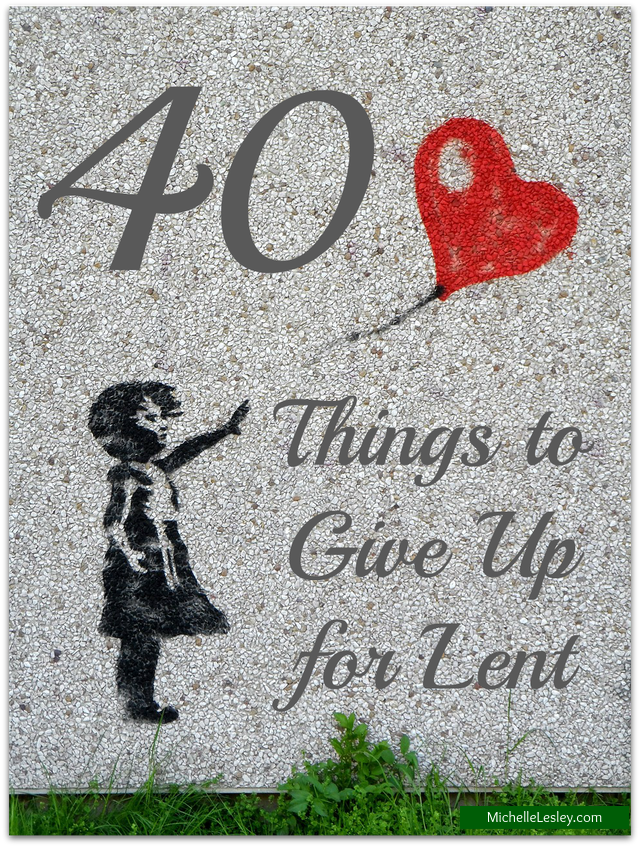
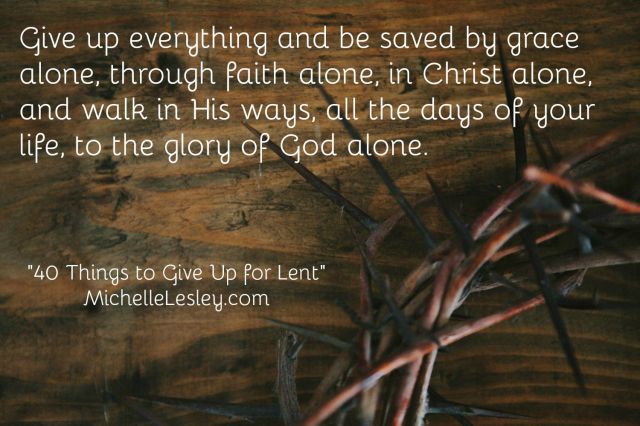
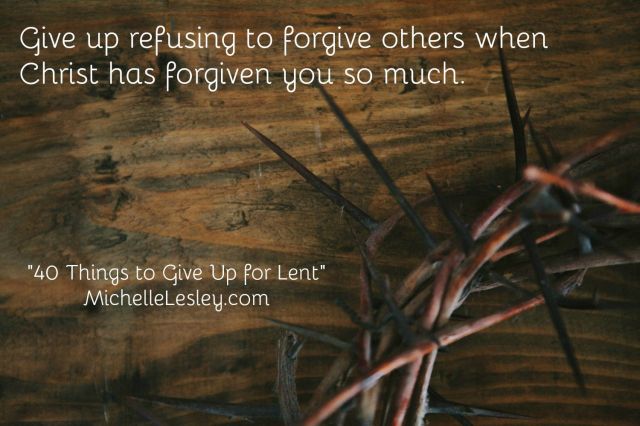

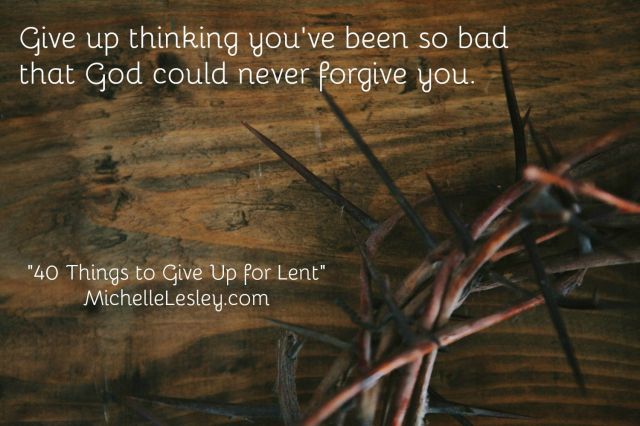


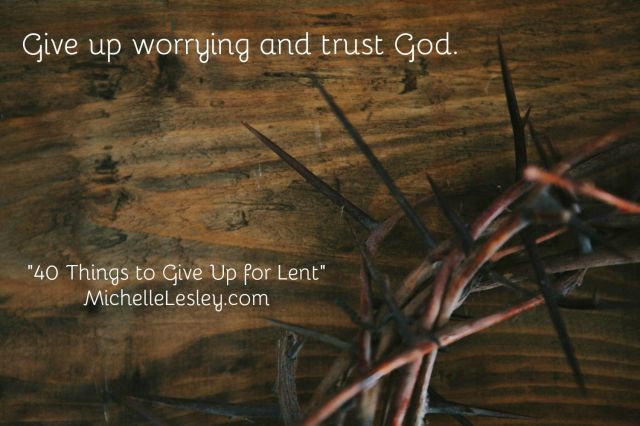


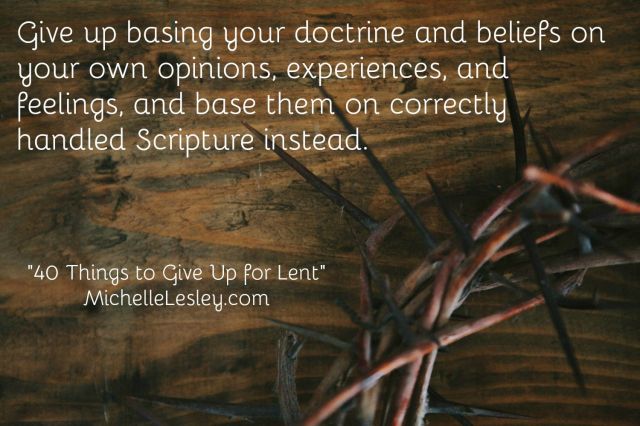

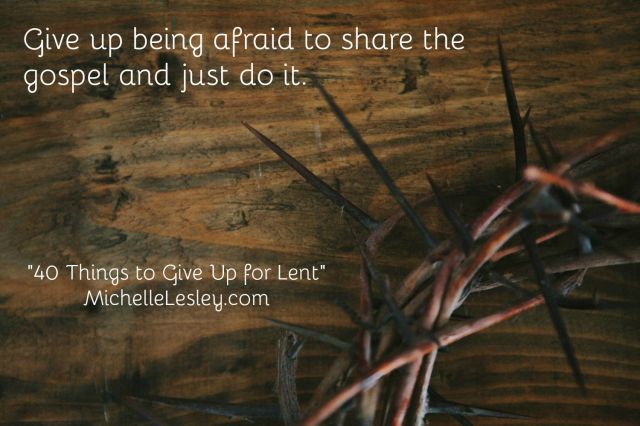


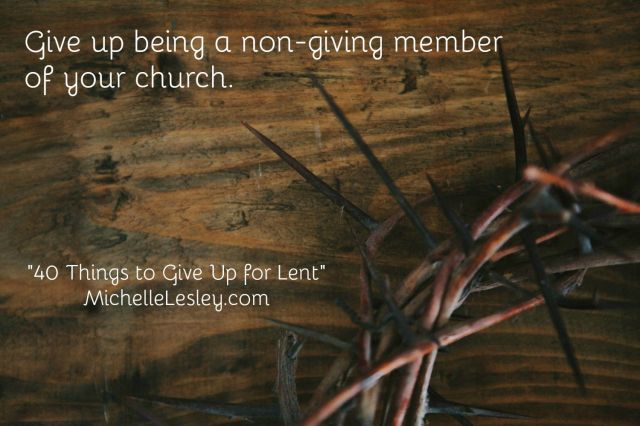
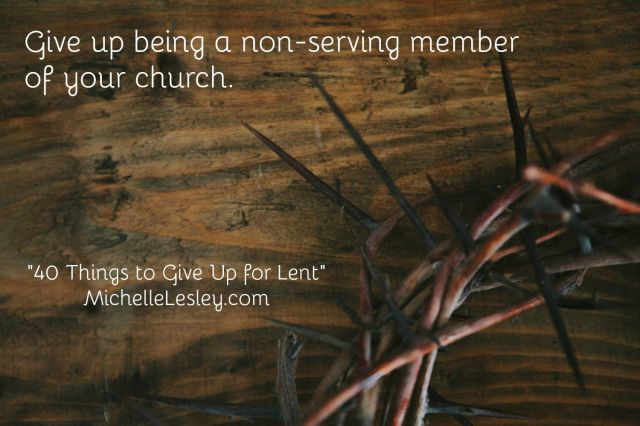
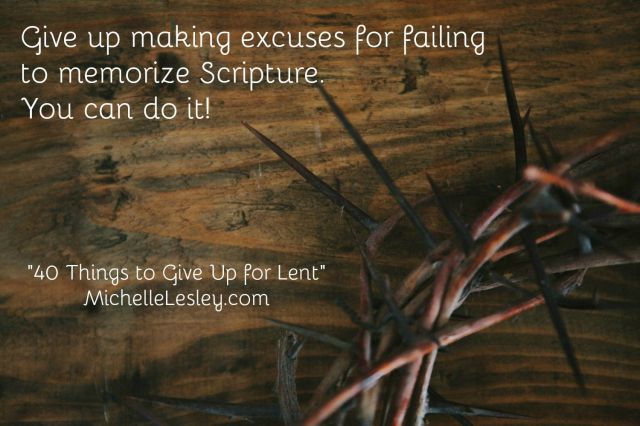
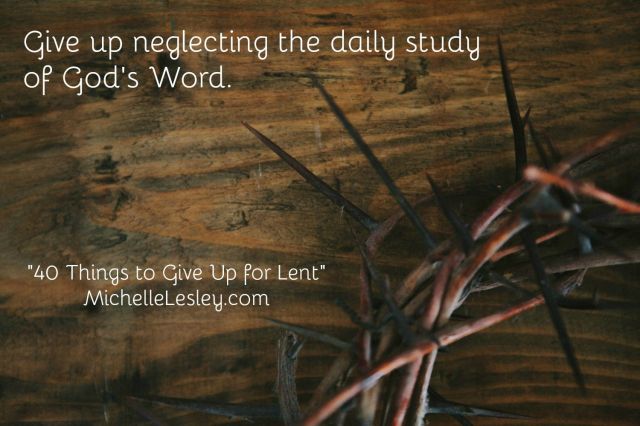
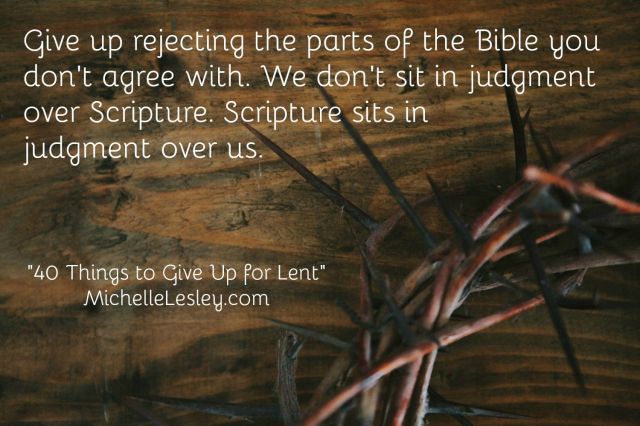
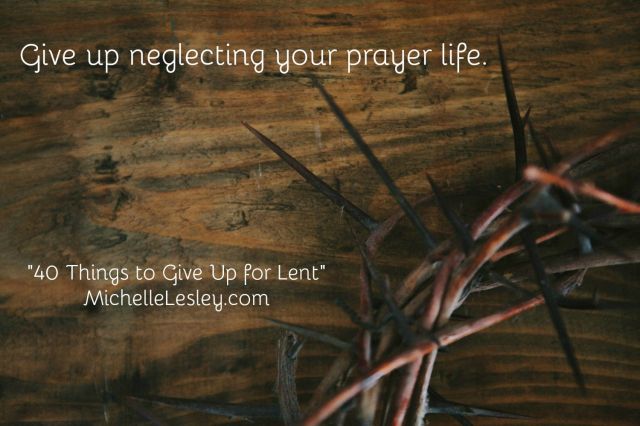
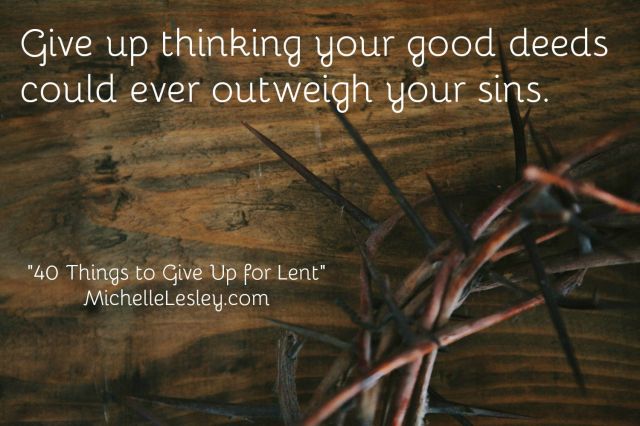
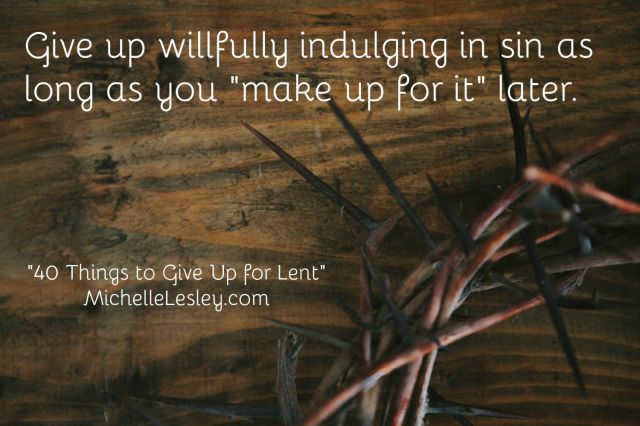
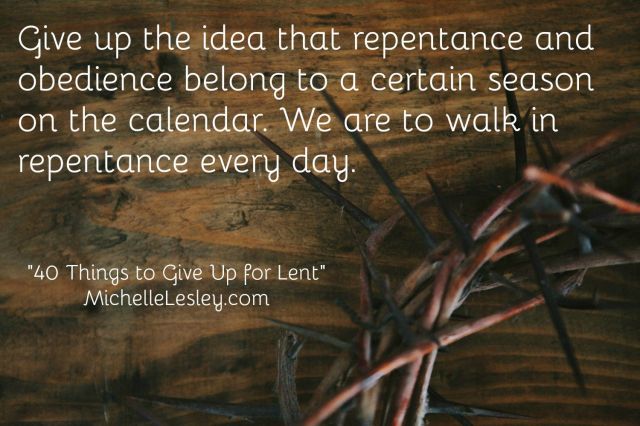
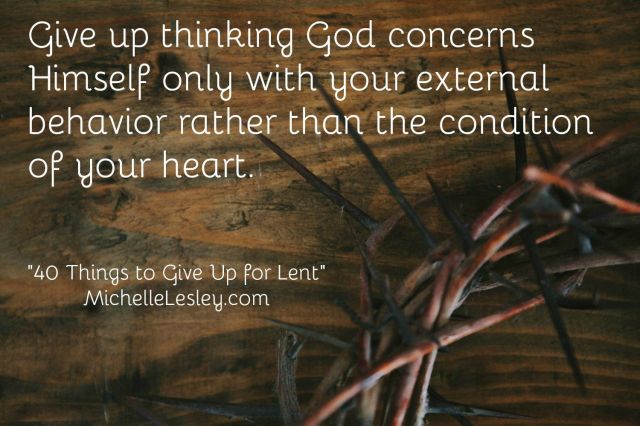


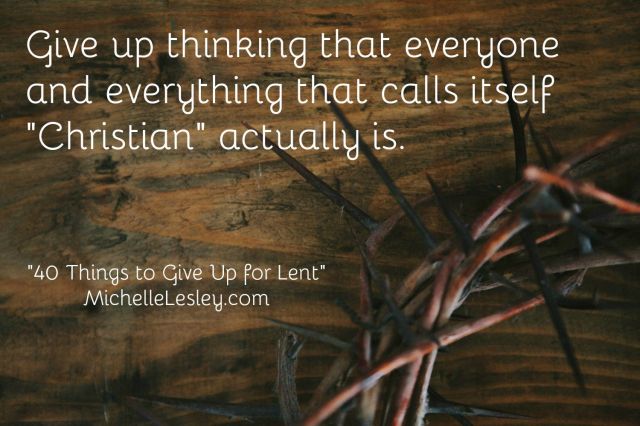

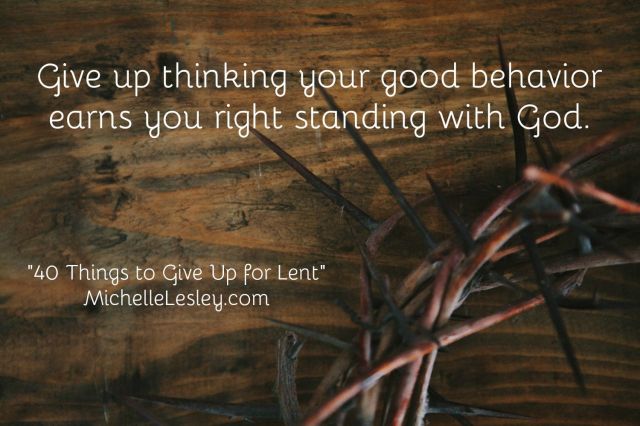





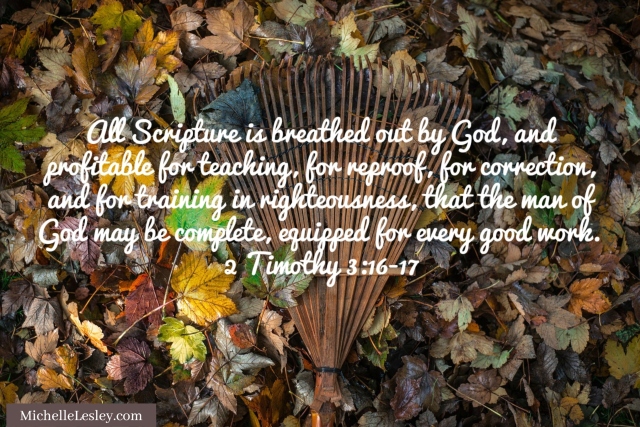

 Part-time Paula
Part-time Paula Screechy Sheila
Screechy Sheila Cotton Candy
Cotton Candy Que Será Katie
Que Será Katie Ulterior-Motive Ursula
Ulterior-Motive Ursula